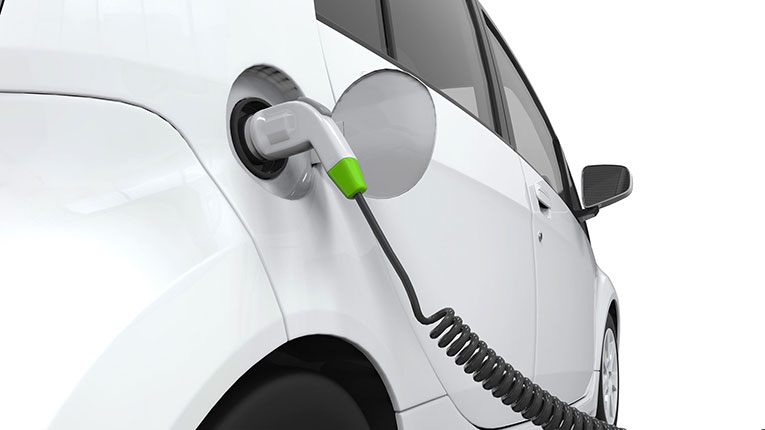The share of electric vehicles in Bulgaria has grown rapidly in recent years, but the starting base is very low, so the neighboring country is still behind the rest of the EU when it comes to electric mobility, BTA reports.
According to figures released last month by the Electric Vehicles Industrial Cluster (EVIC), at the end of September 2021 there were about 18,000 electric vehicles in Bulgaria, the equivalent of 0.67% of all cars in Bulgaria.
Low revenues are one of the main obstacles to buying an electric car in Bulgaria, along with the lack of charging infrastructure, says EVIC. It creates a vicious circle, in which there are very few electric vehicles, because the infrastructure is inadequate, and it does not develop because there are few electric vehicles, adds EVIC.
Unlike many other EU countries, the purchase of an electric car is not yet subsidized in Bulgaria. Last month, Bulgarian Environment Minister Borislav Sandov told the BTA that every car owner who abandons his old car and buys an electric vehicle will be able to receive a 6,200-euro grant, according to the EU’s subsidized Environment Operational Program, during the next programming period (2021-2027), according to Agerpres.
In addition, Bulgaria’s national resilience plan calls for a reform to replace old cars with electric ones, Borislav Sandov added.
At the same time, in the last nine months, the number of electric cars in Bulgaria has increased dramatically, by more than 50%, and sales are expected to increase even more. Estimates show that in the third quarter of last year, a total of 96 new electric vehicles were registered in Bulgaria, compared to only 26 in the same period in 2020. In the first nine months of 2021, the number of new electric vehicles registered in Bulgaria rose to 2019, compared to just 79 in the same period in 2020.
In comparison, the share of electric cars in the European market rose to 9.8% in the third quarter of 2021. Sales of plug-in hybrids increased by 9.1% and sales of conventional hybrid cars increased by 20.7%. The largest share of electric vehicles is concentrated in a few Scandinavian countries and the EU’s Western Member States. About 60% of all battery-powered electric vehicle registrations are concentrated in Germany, France and the United Kingdom, and sales of plug-in hybrids are highest in Sweden (23%), Norway and Iceland (20% each).
At a webinar in early February, Environment Minister Borislav Sandov said Bulgaria would have 20,000 electric vehicles and 10,000 charging stations by 2026, while 50,000 old vehicles with combustion engines would be removed from traffic. Borislav Sandov added that the 2021-2027 Environment Operational Program, which will also provide funds for subsidizing electric vehicles, is in the final stages of development and will be sent to Brussels for approval.
